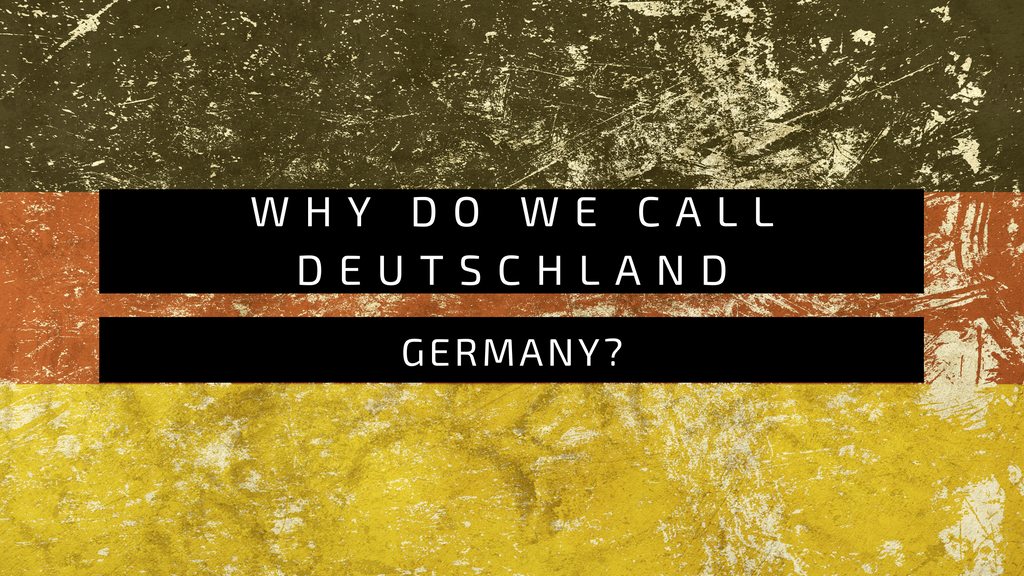- Joined
- Aug 10, 2019
- Messages
- 38,198
- Reaction score
- 7,162
- Gender
- Male
- Political Leaning
- Undisclosed
I am NOT talking of the case when you visit the country in question and speak THEIR language there with the people there!I think the ethical point is more correct here. No one will rule all the languages of the world, under the wishes of individual people, but if you come to a specific country where the pronunciation of their country, people (or any other words and phrases sensitive and important in local society) differs from the one you have, then it is wiser to still speak and pronounce as it is it is accepted in the country you are visiting, not only politely, but also safely.
I thought this was clear!
I am talking of the situation when one is in one's own country (USA or England or Germany etc ) and talk in one's own language to other fellow countrymen in one's own country.


